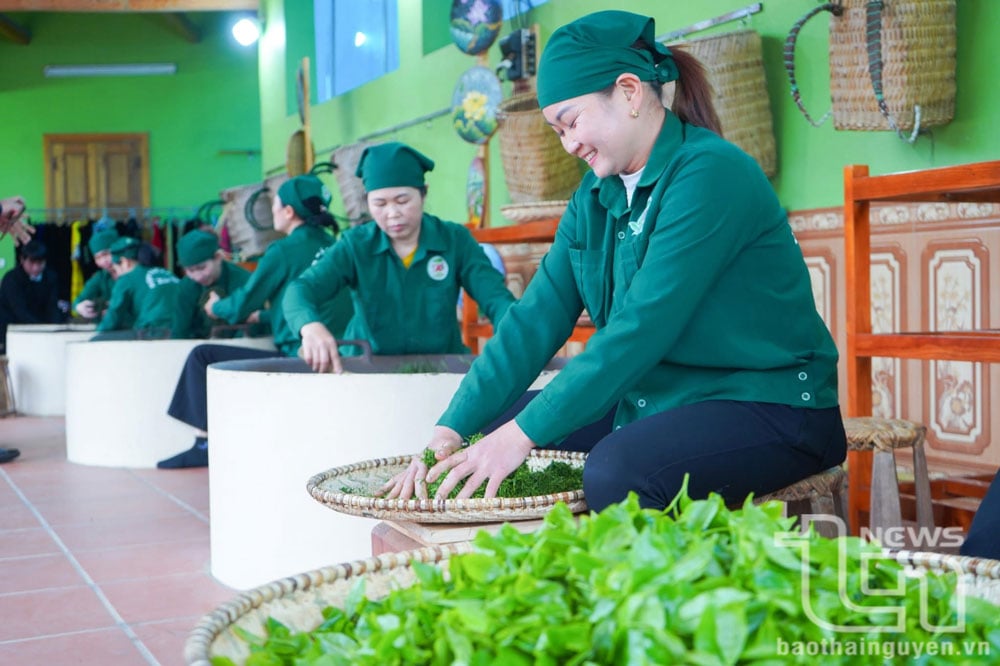 |
| Member of Hao Dat Tea Cooperative, Tan Cuong Commune ( Thai Nguyen City), processing specialty green tea. |
Over the past years, with its assigned functions and tasks, the Center for VocationalEducation and Continuing Education (VET) of Thai Nguyen City has made efforts to implement many vocational training activities that are close to practical needs, contributing to improving the skills and quality of labor in rural areas. The Center regularly updates and innovates the list of training occupations, meeting market needs and suitable for local conditions.
In addition to the fields of industrial sewing, electric welding, industrial and agricultural machinery repair, and construction engineering, the Center also focuses on training in agricultural occupations including tea growing, mushroom growing and breeding, pig farming and disease prevention and treatment, use of veterinary drugs in animal husbandry, manual weaving, safe vegetable growing, flower growing, food processing, citrus growing, etc.
On average, each year, the Center for Continuing Education and Vocational Training of Thai Nguyen City coordinates with communes and wards to organize 6-7 vocational training classes, attracting over 200 students, most of whom are cooperative members, farmers and rural workers who want to change their livelihoods.
Mr. Nguyen Duc Hanh, Director of the Center, said: Reality shows that when organizing vocational training classes, people, especially cooperative members, actively participate. Opening classes is based on registration needs from the grassroots and direction from the city.
From 2024 to present, the organization of vocational training classes for rural workers in Thai Nguyen City has encountered many obstacles due to lack of financial support. The main reason is that communes and wards in the city are not eligible for support from the National Target Program on Sustainable Poverty Reduction, according to Decision No. 90/QD-TTg dated January 18, 2022 of the Prime Minister.
At the same time, the National Target Program for New Rural Development does not have a separate funding source for vocational training activities in non-specialized areas. The lack of appropriate integration or support mechanisms has made it impossible to implement new vocational training classes since then, although the demand from the grassroots level is still very high.
The inability to maintain vocational training courses puts many rural workers at a disadvantage in improving their skills, especially in the context of the increasing need to transform production models and apply technical advances to agriculture. This is an issue that requires attention, direction and resolution from competent authorities to ensure the continuity and effectiveness of vocational training, in line with the goal of sustainable rural agricultural development.
Source: https://baothainguyen.vn/tin-moi/202505/kho-duy-tri-cac-lop-day-nghe-3ea04b2/


![[Photo] The coffin of former President Tran Duc Luong arrives in Quang Ngai](https://vphoto.vietnam.vn/thumb/1200x675/vietnam/resource/IMAGE/2025/5/25/1f1aca0d92ab47deae07934e749b35e6)
![[Photo] Festival of accompanying young workers in 2025](https://vphoto.vietnam.vn/thumb/1200x675/vietnam/resource/IMAGE/2025/5/25/7bae0f5204ca48ae833ab14d7290dbc3)


![[Photo] President Luong Cuong receives Lao Vice President Pany Yathotou](https://vphoto.vietnam.vn/thumb/1200x675/vietnam/resource/IMAGE/2025/5/25/958c0c66375f48269e277c8e1e7f1545)



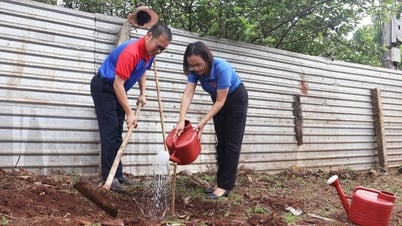
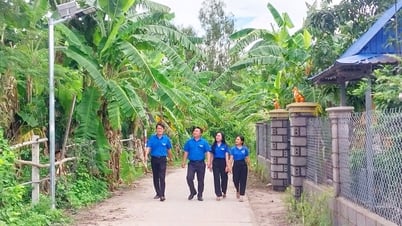





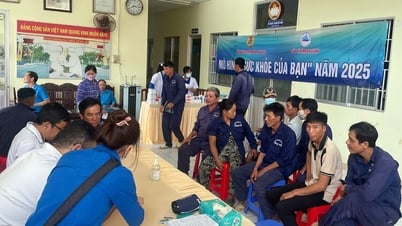




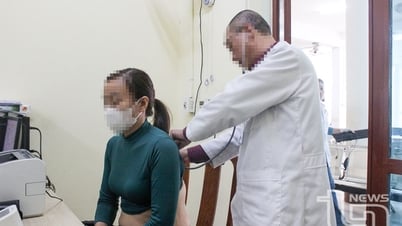

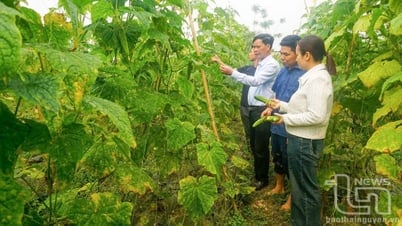













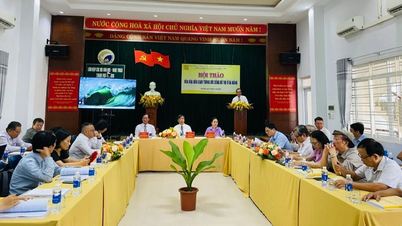











































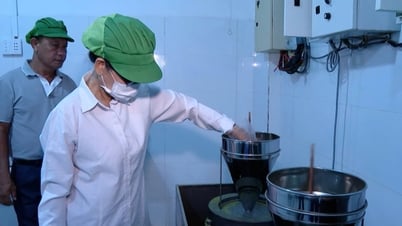




Comment (0)